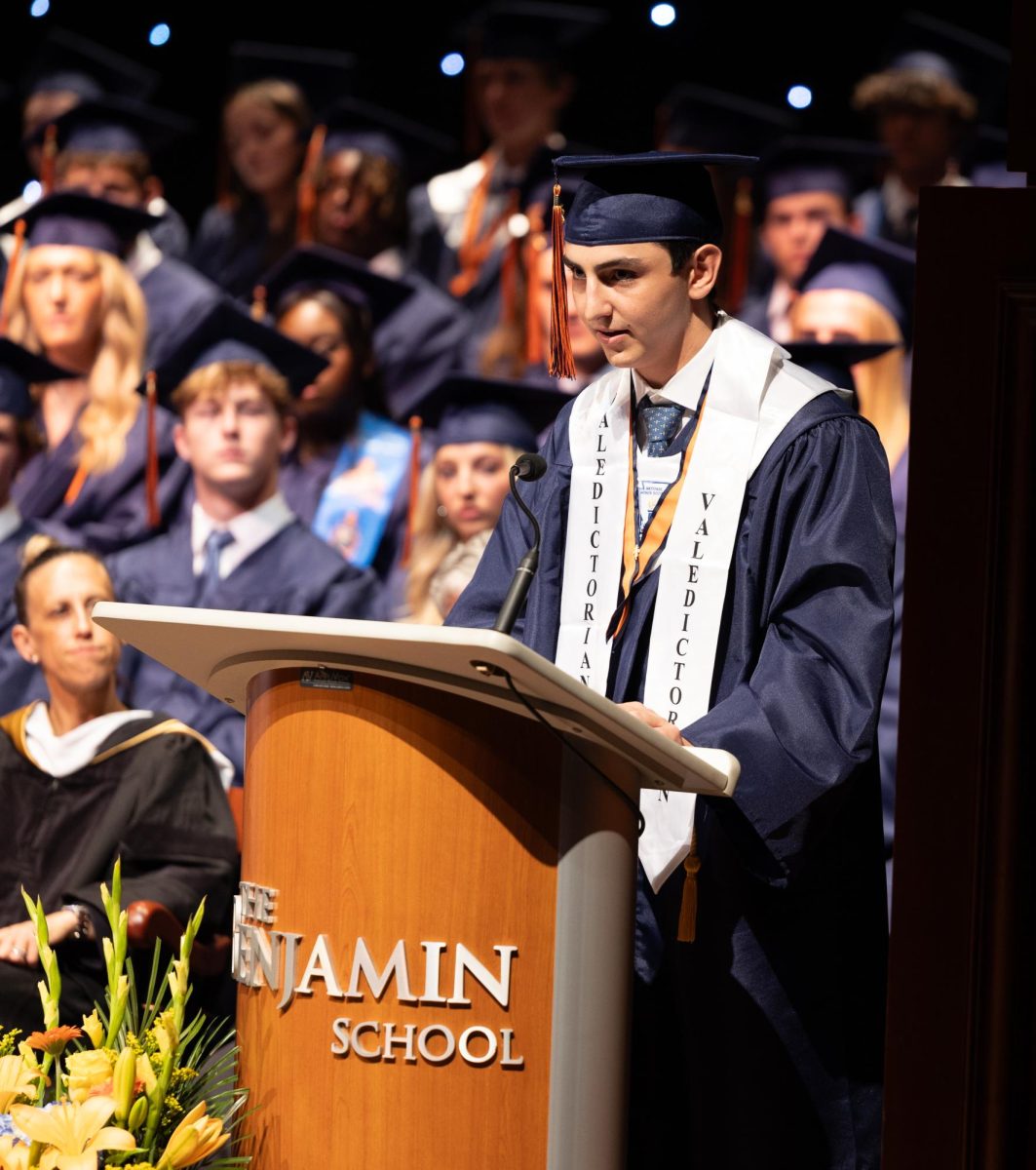What makes you feel valued in a community? Is it knowing others make decisions with your best interests in mind, or is it actually getting a voice and opinion in important matters? Every year administrators, faculty, teachers, and even parents make crucial decisions that impact students’ daily lives, but usually, they are missing the student viewpoint in these determinations.
It has become a norm for schoolwide rules and regulations to be made without a student vote or discussion. But, is this fair? These changes can impact a student’s learning, view of the school community, and level of happiness. Schools spend hours determining how to properly spend a yearly budget and how to develop a curriculum but do not ask those directly impacted by these choices: the students.
Student voting on school-wide issues would not only allow them to control more aspects of their lives but also would educate them on informative decision-making and smart choices. Many high school students are approaching the age to vote, so why not allow them to test this future privilege out on a much smaller scale? Voting on personal and direct matters can allow students to see how certain votes can lead to consequences or unintended changes. Overall, students being allowed to vote in school matters can make them more educated and experienced citizens in the future.
Granting students the ability to vote in matters that would usually only be discussed by faculty also allows for a more accurate representation of what is best for students and the school community as a whole. Many curriculum, grading, and preparation decisions are made based on parental requests or supposed needs, but it can be hard to determine what students would truly deem useful without asking them. If students were more involved in the decision-making process on campus, they would most likely be more involved in initiatives as they would want to participate and see their changes being executed. This would lead to higher school morale as well as better representation of student needs.
Also, allowing students’ voices to be heard would lead to less confusion and anger over any controversial decisions. If a change is made, in part because of the student-body opinion, the students will have to accept the outcomes of that change as it was due to not only the administration but their peers as well. This not only eases tension over difficult changes but also takes some pressure off faculty to sugar-coat new policies.
While this idea may seem entirely outlandish and difficult to achieve, it is already being put to use in many high schools around the country. Many schools have allowed student-elected representatives on boards and committees that focus on larger schoolwide problems, normally only discussed by faculty.
Some may say that students do not have the critical decision-making skills needed to think about something as important as their education. Others may say that students would make the easier decision instead of the most beneficial one. These viewpoints are completely invalid. We live in a world where students are forced to make more decisions and take on more responsibility than ever. Many of these teenagers juggle tough classes with clubs, sports, jobs, and social lives. This makes students extremely ready to handle difficult tasks and think ideas through, no matter the topic.
While it may be less complicated for faculty and parents to make rules, explain them to students, and enforce them on campus, it is not the most effective system in existence. Students need to become used to voting on controversial issues, determine what is actually best for them, and live with the consequences of enacting the wrong policies. All of these objectives could be achieved by allowing students to have a voice and vote on schoolwide matters. In general, voting should be done by students and for students.
*This editorial is the opinion of The Pharcyde and is therefore not attributed to one singular person.






